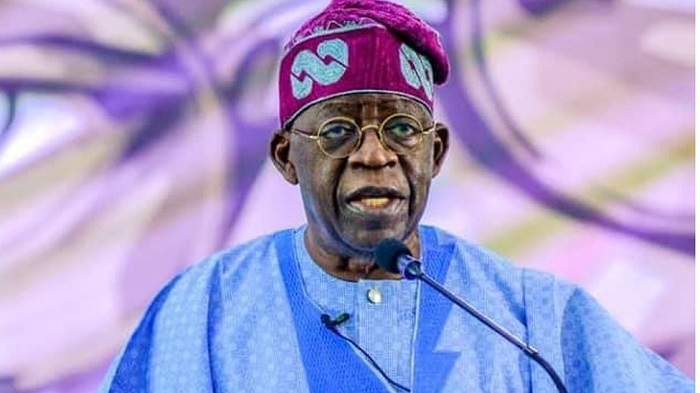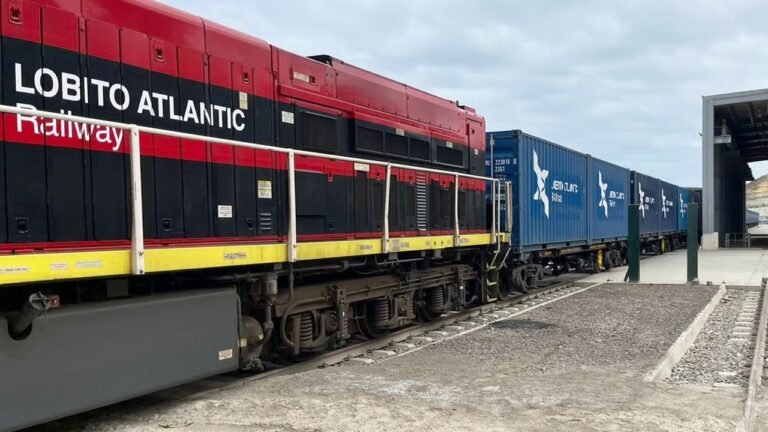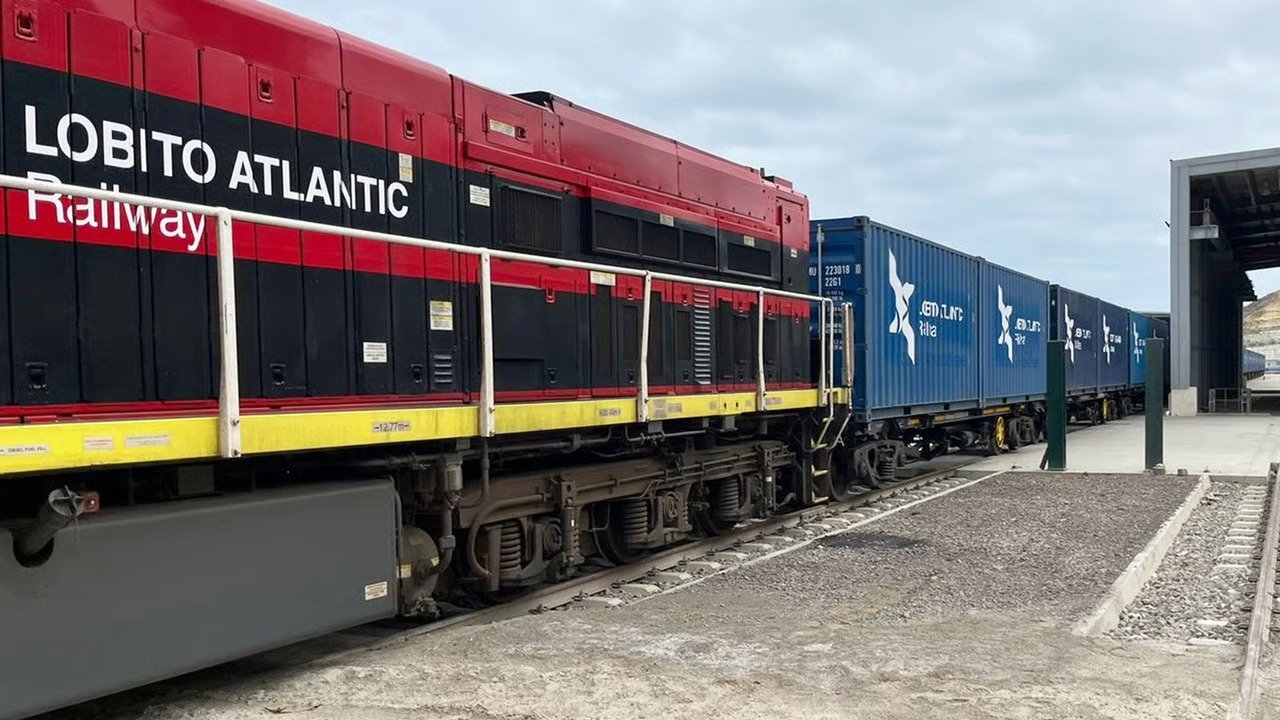Nigeria’s President Bola Ahmed Tinubu has proposed a $1.3 billion (two trillion naira) package aimed at combating soaring prices and food insecurity amid the country’s worst economic crisis in a generation, Finance Minister Wale Edun announced on Thursday.
The proposed package is part of Tinubu’s efforts to alleviate the economic burdens resulting from his recent reforms, which included ending a fuel subsidy and lifting currency controls. These measures led to a tripling of petrol prices and a sharp increase in living costs as the naira depreciated significantly against the dollar.
Economic Reforms and Their Impact
The reforms have had a severe impact on Nigerians, with many struggling to afford basic necessities. In the north, some have resorted to eating low-quality rice typically used as fish feed due to skyrocketing food prices.
Also Read:
- Arbiterz Jobs: African Development Bank Group, Palladium, Mastercard, Jumia
- Arbiterz Jobs: MasterCard, Sanofi, Unilevel Nigeria, others
- Arbiterz Jobs: The African Union, IHS Towers, Achieving Health Nigeria Initiative, Wema…
- Arbiterz Job Opportunity: Helen Keller, The BBC, MacTay Consulting, Oxfam, Winco Foam, others
To address these issues, President Tinubu has established a new council chaired by Finance Minister Edun to develop the proposed package. Edun emphasized that the primary focus is on food production, food security, and nutrition security.
Allocation of Funds
The proposed package includes approximately $229 million for health and social welfare and around $328 million for agriculture and food security. Edun assured that the government could fund the package, which is expected to be implemented over six months, without imposing additional burdens on the populace. The funding will partly come from increased oil revenues, unallocated budget reserves, and ongoing support from the World Bank.
Government’s Commitment
“The intervention measures are a realistic package targeted at specific areas of the economy which will address issues requiring immediate attention,” Edun stated.
He also outlined other measures and targets, such as increasing the country’s limited power supply, reducing losses in the oil sector, and boosting production.
Challenges and Prospects
Nigeria, an OPEC member, has faced challenges in increasing its oil production due to theft and the shift of foreign companies to offshore operations. In May, inflation hit a record high of 33.95 per cent, with food inflation exceeding 40.6 per cent, according to the National Bureau of Statistics.
Despite acknowledging the hardships caused by the reforms, government officials have urged patience, insisting that the measures need time to yield positive results.
The proposed $1.3 billion package is a significant step towards addressing the immediate needs of Nigerians and stabilising the economy during this challenging period.























